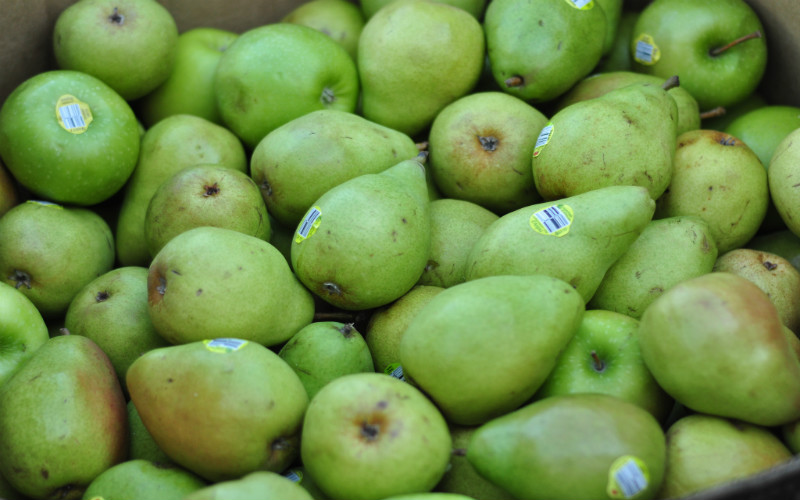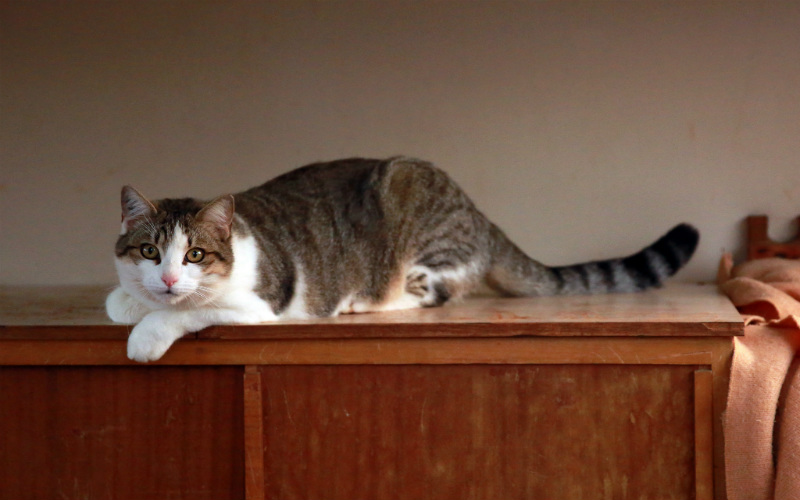
There are so many different items that can be held within a storage unit, from cars and furniture through to clothing and business files, but it can be hard to know what can’t be stored. Check out our handy guide to help you decide if your belongings can be safely stored or should be kept at home.
Food
Over time, food, especially when not stored securely, can spoil and attract a wide variety of unwanted visitors, including insects, rats and mice. Not only increasing the chance that your belongings may be subject to damage, storing food can also potentially place other nearby storage units at risk. While storage units can be used to house a wide variety of goods, it’s best to store your edible items elsewhere.
 Image Credit: Salvation Army USA West.
Image Credit: Salvation Army USA West.
Illegal Items
Although the privacy of your storage space is respected, it is much preferred if you don’t keep illegal or stolen goods within your storage unit. It goes without saying that if you shouldn’t have it at home, it shouldn’t be kept within one of our storage spaces.
Plants and Animals
Causing bad odours and attracting pests such as insects and rodents, plants and animals, regardless of if they are dead or alive, shouldn’t be housed within a storage space. While live plants and animals can create all manner of odours ordinarily, their dried and stuffed counterparts can deteriorate over time, making it safer to keep such items out of storage.
 Image Credit: Isabelle Blanchemain.
Image Credit: Isabelle Blanchemain.
Valuable Belongings
While storage units are generally secure, some items, such as photographs and important documents should not be stored unless adequately protected from moisture, mould and other pests. If items are very important or very sensitive to the environment in which they are stored, it may be safer to keep them at home.
Dangerous Goods
Anything that is flammable, hazardous or combustible can be dangerous to both your own safety and that of others, and as such, shouldn’t be stored. Dangerous goods can include items such as paint, corrosives, explosives, ammunition and petrol, and should not be kept within the confines of a storage unit.
 Image Credit: United Soybean Board.
Image Credit: United Soybean Board.

